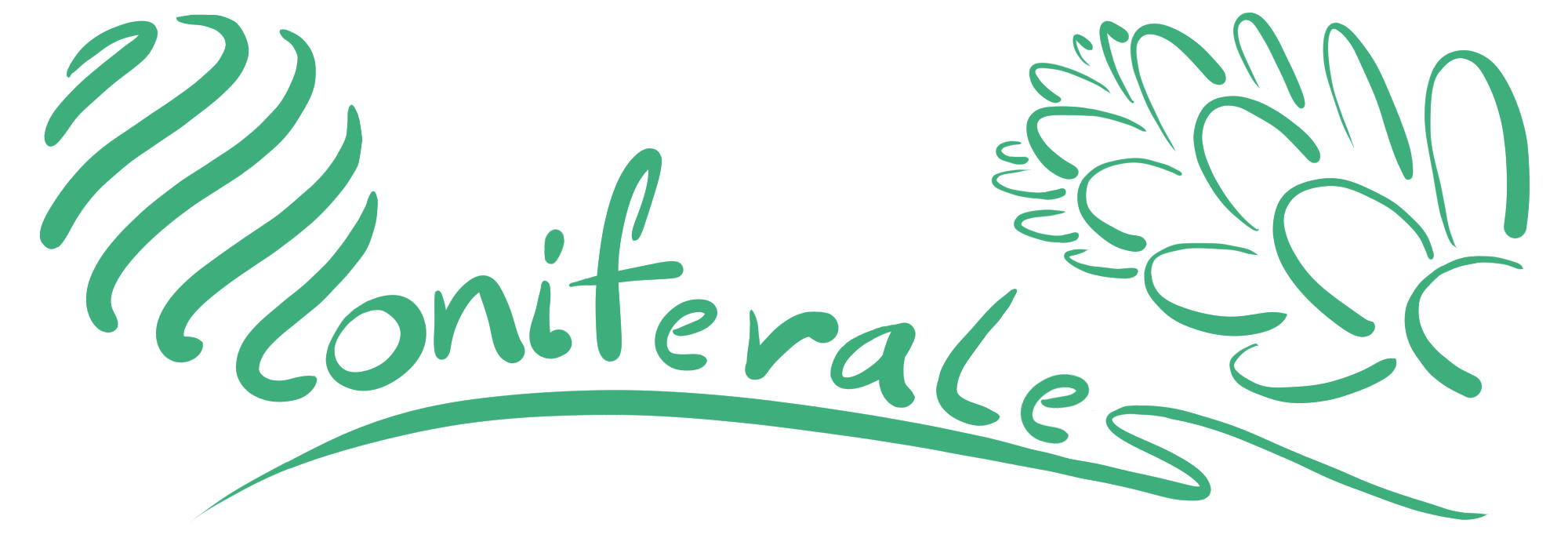Podocarpaceae Lepidothamnus laxifolius (Hook. f.) Quinn
Etymology
Lepidothamnus refers to ‘scale bush’; indicating the shrubby nature of these trees and their scale-like foliage.
laxifolius refers to ‘soft foliage’; prossibly indicating the nature of its foliage shoots.
Colloquial Name
Pygmy pine
Distribution
This map shows botanical records (points) for this taxon. By opening the map’s sidebar (collapsed by default) you can toggle visibility or change the basemap. By clicking on records, you reveal more information.
Habitat
The natural habitats for Lepidothamnus laxifolius are temperate grasslands, temperate shrublands, bogs/marshes/swamps/fens/peatlands . It is naturally found at an elevation of at least 200 up to 1500 metres. There are no conifers associated with Lepidothamnus laxifolius that are known of.
USDA Hardiness zone – 7
Lepidothamnus laxifolius is hardy to USDA Zone 7 (Bannister & Neuner, 2001), meaning its frost tolerance lies somewhere in the range of -17.8C (0F) to -12.2C (10F).
Species Continuity
The population trend for Lepidothamnus laxifolius is stable. There are no known threats for Lepidothamnus laxifolius.
IUCN Category – LC
According to the IUCN Red List, Lepidothamnus laxifolius has been assigned the status of LC(Least Concern). This means that according to the Red List criteria, this species is not qualified as threatened.
Superordinate Taxa
The nearest superordinate taxon for Lepidothamnus laxifolius is Lepidothamnus. The coordinate taxa for Lepidothamnus laxifolius are therefore:
Lepidothamnus laxifolius is also placed under Podocarpaceae.
This map shows botanical records (points) for this taxon. By opening the map’s sidebar (collapsed by default) you can toggle visibility or change the basemap. By clicking on records, you reveal more information.
Cultivars
‘Blue Gem’, ‘Blue Pygmy’, ‘Green Cascade’



Reviews
There are no reviews yet.